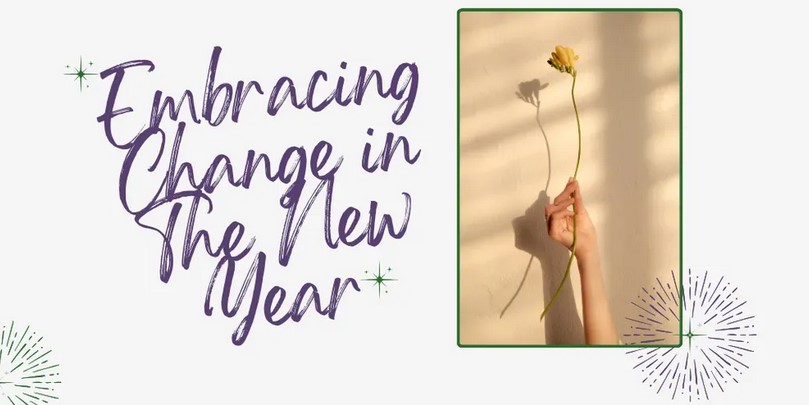The New Year often symbolizes a fresh start, a chance to set new goals and work towards positive change. For many, this can feel like an exciting opportunity. However, for those struggling with depression, even the most well-intentioned resolutions can seem overwhelming or out of reach. Mental health challenges can leave individuals feeling emotionally and physically drained, making even simple tasks feel insurmountable. Thankfully, ketamine—a groundbreaking treatment—has emerged as a safe and effective option for people seeking rapid emotional relief, particularly for those who have not responded well to traditional SSRI medications.
Whether administered via IV or nasal spray (Spravato), ketamine can quickly alleviate depressive symptoms and provide a much needed surge of motivation towards achieving goals. By targeting the brain’s glutamate system, ketamine facilitates the formation of new neural connections, like flipping a switch that enables the brain to “reset” and rewire itself.
The Power of the Pause
Rather than feeling trapped in repetitive cycles of negative thinking and maladaptive coping strategies, ketamine serves as a powerful tool to ease mental rigidity. It relaxes the brain’s ego defenses, opens the door to new insights, and fosters a renewed sense of hope and clarity. Many people report feeling more in control of their emotional and psychological well-being—gaining the space to pause before reacting. With this pause comes the ability to observe rather than absorb stressors and emotional triggers. Relationship dynamics, work pressures, and other challenges become more manageable as self-awareness deepens, and a grounded, calmer mindset emerges.
Carving New Neural Pathways
One of my favorite analogies for illustrating the transformative effects of ketamine is the image of a peaceful, fresh-powder snowfall.
Imagine being at the top of a ski mountain, observing all the trails where the snow has been packed down. Just as skiers’ repeated tracks carve deep grooves in the mountain, our repeated thoughts, feelings, and behaviors carve deep grooves in our brains.
Over time, the psychological and emotional patterns we form leave imprints that become ingrained in our minds. This is why change can be so difficult. We naturally fall into these well-worn grooves, trapped in familiar old habits that seem automatic, making it hard to shift in new directions.
Now, picture ketamine as fresh powder snow, filling in those deep grooves and creating a smooth, clean surface. The medicine offers a reset—an opportunity to pause, to exhale, and to step into a space of greater consciousness. Instead of being overwhelmed by stressors or stuck in recurring emotional loops, you gain the flexibility to reimagine what’s possible. You are empowered to make new choices – experience new thoughts, feel new emotions and take action with new behaviors. This is the essence of neuroplasticity: the brain’s remarkable ability to form new connections and carve ‘fresh tracks’.
Next Steps
Ketamine treatments offer a unique opportunity to help you get ‘unstuck’ by creating new neural pathways. The neuroplastic window allows you to break free from the past and embrace healing with fresh perspectives and renewed strength. Integration therapy (KAP) helps you solidify these new healthier habits so positive change becomes lasting change.
If you are interested in learning more about the benefits of ketamine, please call the Keta Medical Center office. We offer complimentary consultations with our doctors so they can help you assess the right treatment plan for your individual needs.



